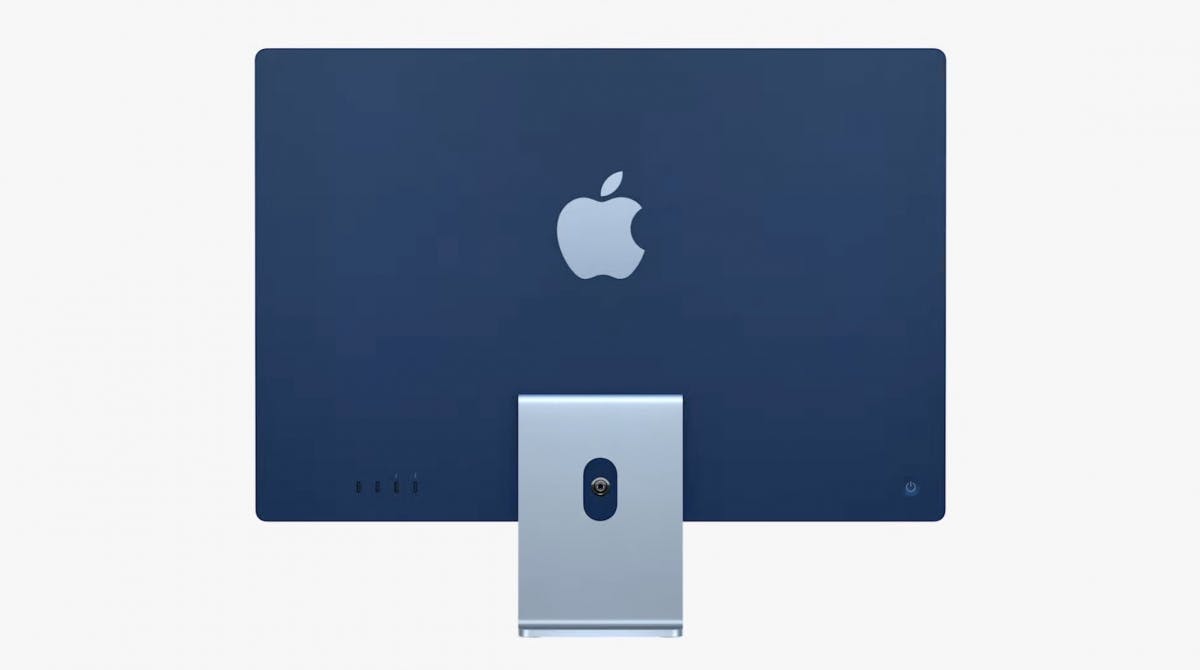BSI tests 5G smartphones from Xiaomi and Huawei
Xiaomi Mi 10T. (Image: Xiaomi)
After the Lithuanian cyber defense warned against the use of Chinese smartphones with the new 5G radio, the German Federal Office for Information Security (BSI) also initiated investigations.
In response to a request from the German Press Agency, the BSI confirmed that it wanted to check smartphones from Chinese production itself based on the warnings from the state center for cybersecurity in Vilnius, Lithuania. The Lithuanian authorities had warned in very clear words against the use of individual devices from the manufacturers Xiaomi and Huawei.
The Xiaomi Mi 10T 5G was assessed particularly critically. This should technically be able to censor certain content in the pre-installed web browser. Although the censor filter was not active on the tested device, it could have been switched on remotely at any time.
The report from the Lithuanian authorities is said to have been received by the BSi last Wednesday. Their analysis relates to the Huawei P40 5G, the Xiaomi Mi 10T 5G and the Oneplus 8T 5G, with Xiaomi having received the clearest criticism. On the Huawei device, the Lithuanians only criticized the fact that the in-house app store also links to sources that the authority had classified as unsafe. When testing the Oneplus smartphone, no defects were found.
Xiaomi sharply rejects the allegations of censorship and states that the company will “never restrict or prevent the personal activities of its smartphone users”. There is no censorship, the company complies with national laws and is fully GDPR-compliant (EU General Data Protection Regulation). The Lithuanian authorities did not claim otherwise, but merely referred to technical possibilities that could also be used in other ways.
Now the BSI wants to form its own picture, but has already announced in advance that the federal authorities are generally not allowed to use smartphones that come from a Chinese manufacturer. In any case, there is currently no device from China on the list of officially orderable smartphones. However, that does not mean that such devices are not in use. This cannot be ruled out, for example, when using private devices for business purposes.


